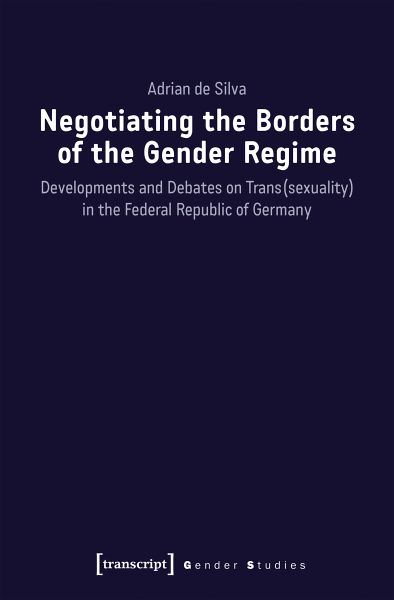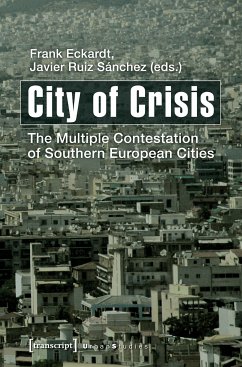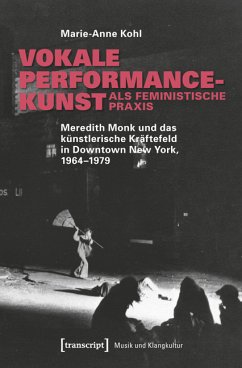
Negotiating the Borders of the Gender Regime (eBook, PDF)
Developments and Debates on Trans(sexuality) in the Federal Republic of Germany

PAYBACK Punkte
0 °P sammeln!
While social change regarding trans(sexuality) has evolved within an expanding nexus of concepts, practices, regulations and institutions, this process has barely been analysed systematically. Against the background of legislative processes on gender recognition in a society shaped by heteronormative hegemony, Adrian de Silva traces how sexology, the law, federal politics and the trans movement interacted to generate or challenge concepts of trans(sexuality) from the mid-1960s to 2014 in the Federal Republic of Germany. The interdisciplinary study draws upon and contributes to debates in (tran...
While social change regarding trans(sexuality) has evolved within an expanding nexus of concepts, practices, regulations and institutions, this process has barely been analysed systematically. Against the background of legislative processes on gender recognition in a society shaped by heteronormative hegemony, Adrian de Silva traces how sexology, the law, federal politics and the trans movement interacted to generate or challenge concepts of trans(sexuality) from the mid-1960s to 2014 in the Federal Republic of Germany. The interdisciplinary study draws upon and contributes to debates in (trans)gender and queer studies, political science, sociology of law, sexology and the social movement.
Dieser Download kann aus rechtlichen Gründen nur mit Rechnungsadresse in A, D ausgeliefert werden.













